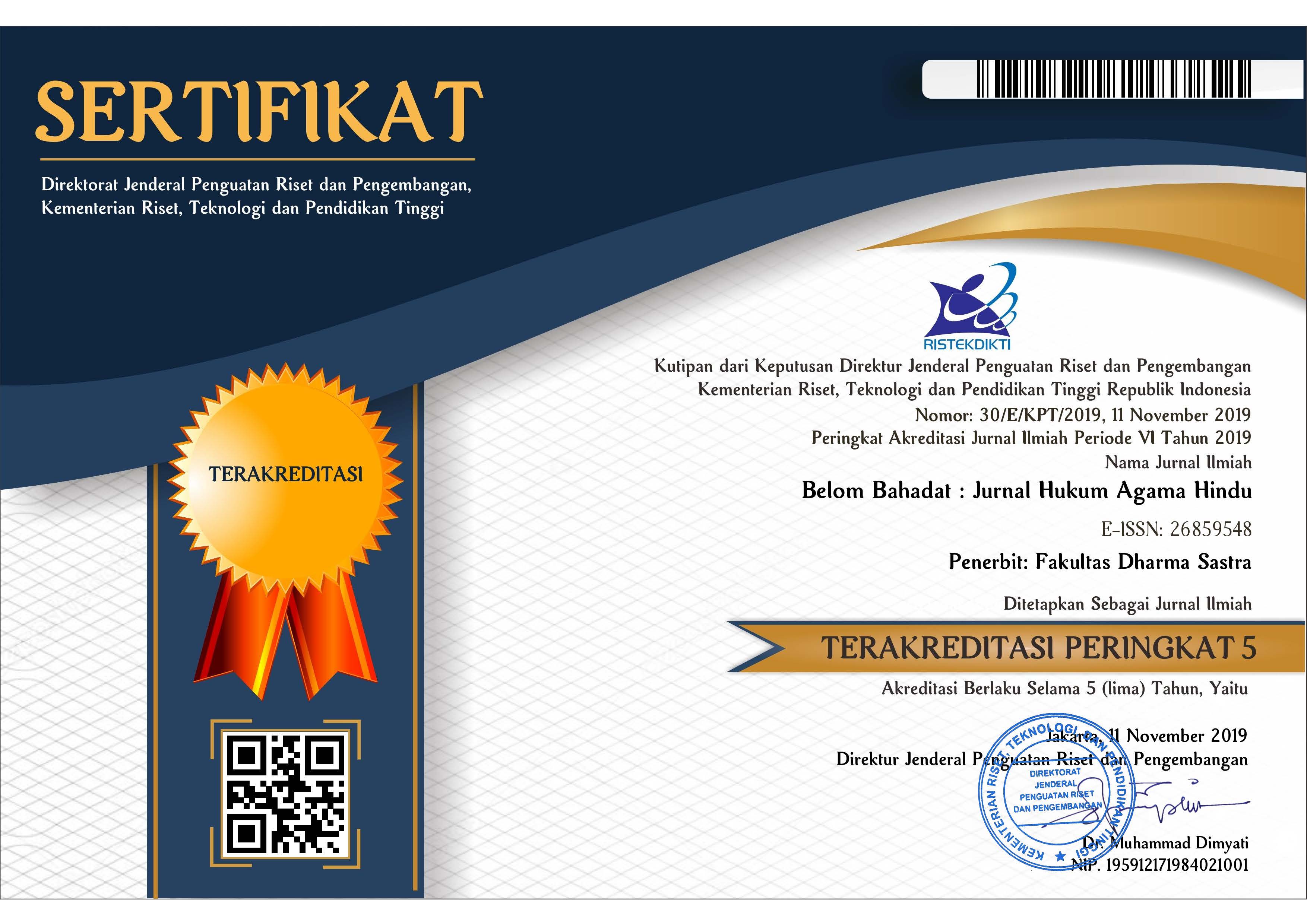Problematika Undang-Undang Kesejahteraan Ibu dan Anak: Kesenjangan Regulasi dan Implementasi
Abstract
Law Number 4 of 2024 on the Welfare of Mothers and Children reflects the state’s commitment to ensuring the protection of maternal and child rights, particularly during the first 1,000 days of life. However, its implementation faces various challenges, including regulatory inconsistencies with the Manpower Act and weak enforcement mechanisms at the operational level. This article aims to examine the gap between legal norms and practical implementation, as well as to assess the extent to which Law Number 4 of 2024 fills the existing legal vacuum in the protection of mothers and children in Indonesia. This study employs a normative juridical approach with qualitative analysis of relevant legislation and supporting documents. The findings indicate that the effectiveness of protection for working mothers and children depends significantly on intersectoral policy coordination, regulatory harmonization, and institutional capacity strengthening. Without concrete steps in policy integration and legal enforcement, the objectives of the law risk being unfulfilled. Therefore, comprehensive reform in implementation is necessary to ensure the law’s alignment with the state’s constitutional obligation to uphold the welfare of mothers and children.
Keywords: Welfare of Mothers and Children, Law Number 4 of 2024, Worker Protection, Policy Synergy, Legal Implementation
References
Djakaria, M. (2018). Perlindungan Hukum terhadap Pekerja Perempuan dalam Perspektif Kesehatan Reproduksi. Jurnal Bina Mulia Hukum, 3.
Eka Putri, M. (2021). Tinjauan Atas Perlindungan Hukum Terhadap Hak Menyusui Anak Selama Waktu Kerja Di Tempat Kerja Bagi Pekerja Perempuan. Fiat Justitia, Jurnal Ilmu Hukum, 3.
Faturahmah, E. (2024). Siaran Pers Komnas Perempuan tentang Undang-Undang Kesejahteraan Ibu dan Anak pada Fase Seribu Hari Pertama Kehidupan. https://komnasperempuan.go.id/siaran-pers-detail/siaran-pers-komnas-perempuan-tentang-undang-undang-kesejahteraan-ibu-dan-anak-pada-fase-seribu-hari-pertama-kehidupan?utm_source=chatgpt.com
Jimly, A. (2011). Konstitusi dan konstitusionalisme Indonesia. Sinar Grafika.
Kemenkes. (2022). Pedoman Layanan Menyusui di Tempat Kerja. Direktorat Gizi Masyarakat, Kemenkes RI.
Khaidarulloh, & Maratus, N. F. (2025). Bias Patriarkhisme Dalam Regulasi: Analisis Undang-Undang Kesejahteraan Ibu Dan Anak (Kia) No. 4 Tahun 2024 Perspektif Legal Feminism. Indonesia Journal of Gender Studies, Vol 5(No. 2).
Muamar, A. (2024). UU KIA: Keajekan dan Ancaman Diskriminasi terhadap Pekerja Perempuan. https://greennetwork.id/publik/ikhtisar/uu-kia-keajekan-dan-ancaman-diskriminasi-terhadap-pekerja-perempuan/
Pangestika, E. Q. (2024). Dampak Bagi Ketenagakerjaan Terkait Adanya RUUKia (Kesejahteraan Ibu Dan Anak). Journal On Education, Volume 06(Nomor 04).
Prambadi, G. A. (2023). Survei ILO-KIC Ungkap Mengenai Pentingnya Peran Perempuan dalam Merawat Keluarga. https://news.republika.co.id/berita/s47rrh456/survei-ilokic-ungkap-mengenai-pentingnya-peran-perempuan-dalam-merawat-keluarga
Putri, N. M. D. A., & Sarjana, I. M. (2021). Implementasi Perlindungan Hukum Hak Cuti Melahirkan Terhadap Pekerja Perempuan di Villa Surya Mas. Jurnal Kertha Semaya, 9.
Qholbi, S. A., & Khoiriyah, harun. (2024). Tantangan Ibu Single Parent dalam Memenuhi Hak Anak Perspektif Perlindungan Anak Dan Kesejahteraan Ibu. JARIAH: Jurnal Risalah Addariya, 02.








